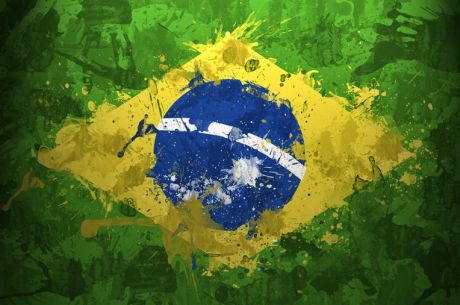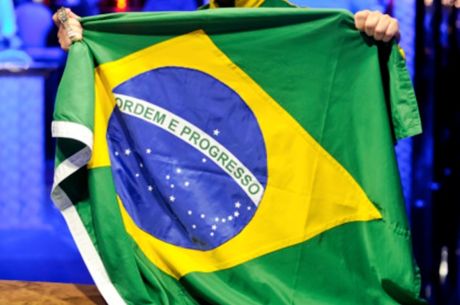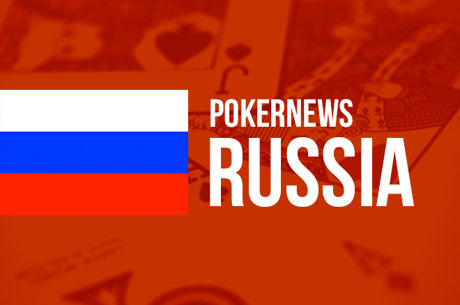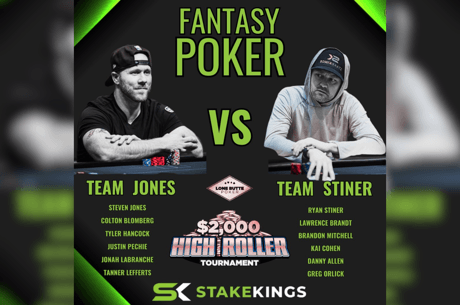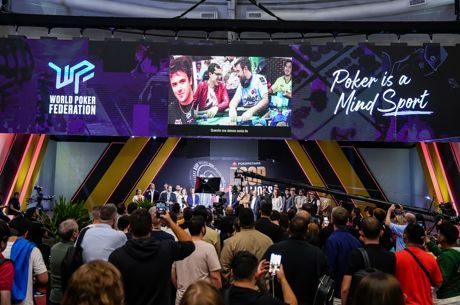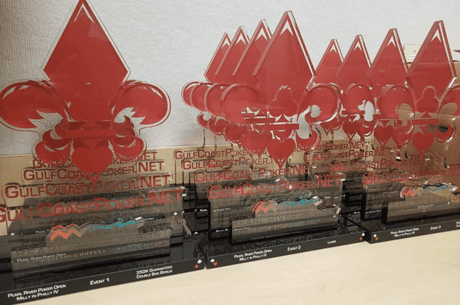Brazil's Gaming Bill Makes Progress Despite Protests Against the Government
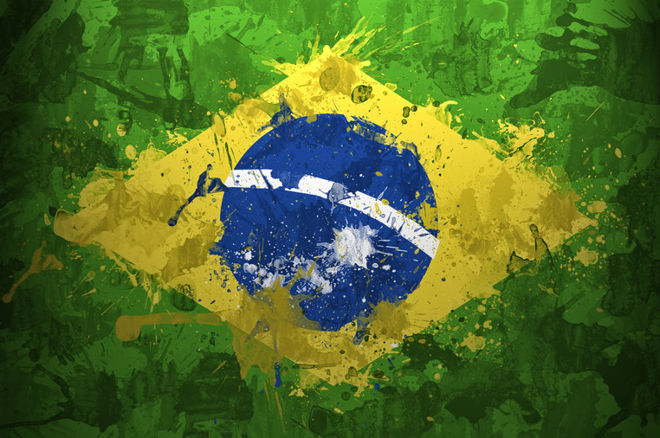
Due to the long-running economic recession in Brazil, the country's government is believed to be seriously considering voting into law Bill 186, which if passed would lead to regulated and legalized online poker.
Bill 186 was first introduced into Brazil's House of Representatives in December 2015 when the Special Commission on National Development overwhelming approved the bill by a vote of 8-2 and one member abstaining. The bill, authored by Senator Ciro Nogueira, still has a long path to become law of the land, requiring approval from both Brazil's lower house and President Dilma Rousseff.
Recently, amendments to the bill were approved by the House of Representatives giving further optimism that it may be approved into a new gaming regime in the country. In addition to regulated online poker, the bill would create a licensing processes for other online betting services, permit casino games and bingo at land-based premises, would allow video lottery terminals.
While it is believed that the bill has wide support from the House of Representative, the Senate, and President Rousseff, many remain skeptical that it will pass due to corruption allegations against the ruling party, the Workers Party. Recently, three million Brazilians in at least 17 regions across the country hit the streets in protest, blaming President Rousseff for the country's economic problems. The biggest protests drew seven-digit crowds including a whopping 1.4 million people in a single protest in Sao Paulo and another million-large crowd in Rio de Janeiro.
However, those optimistic about the bill believe that it is these very economic problems that could lead to the passing of Bill 186. The country's economy declined by four percent in 2015 and unemployment continues to rise. As Senator Nogueira noted, the passing of a gaming bill could bring in much needed new funds to help resolve the country's budgetary crisis.
"According to some studies, if regulated, the gambling market could bring to the State new revenues for at least R$15 billion (approximately $3.8 billion) a year," Nogueira said in 2014 when attempting to push through a different gaming bill that was eventually rejected by President Rousseff.
Lead image courtesy of deviantart.net.
Want to stay atop all the latest in the poker world? If so, make sure to get PokerNews updates on your social media outlets. Follow us on Twitter and find us on both Facebook and Google+!

